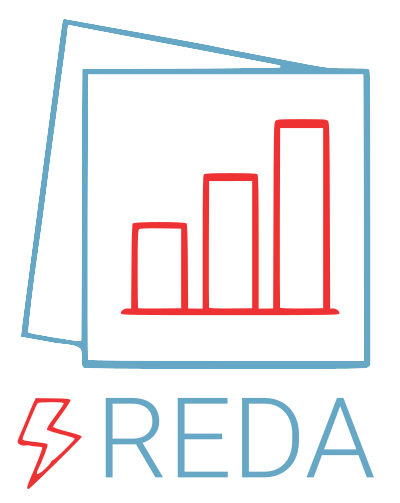Metadata¶
Metadata is an important aspect of geophysical data. At this point REDA has rudimentary support for associating metadata with a given data set using (nested) dictionaries. Each container is instantiated with an empty dictionary that can be filled with arbitrary metadata entries in the form of key-value pairs. Subgroups can be included by using additional dictionaries as values of certain keys.
Here is an example using the ERT data container:
import reda
ert = reda.ERT()
# as this point ert.metadata is an empty dictionary
ert.metadata['measurement_device'] = 'IRIS Syscal Pro 48 ch'
ert.metadata['person_responsible'] = 'Maximilian Weigand'
ert.metadata['nr_electrodes'] = 48
ert.metadata['electrode_spacing'] = 1
# lets add a subgroup containing device-specific information
ert.metadata['device_specific'] = {
'max_current': 2,
'memory_block': 2567,
}
Saving and loading¶
Metadata can be saved and loaded directly using json-encoded text files, or by using file formats that support metadata storage (such as the TSERT file format).
Each container holds the functions .save_metadata and .load_metadata that can be used for on-disc storage.
